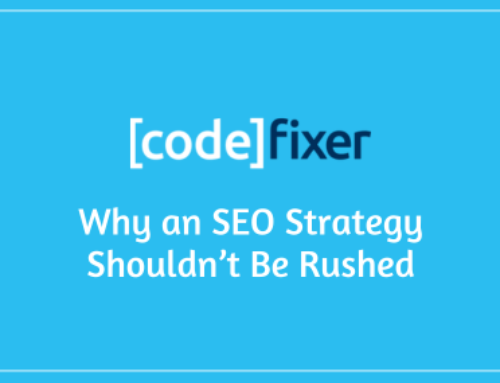Although 74% of people use search engines like Google to find legal advice, many law firms treat their websites more like digital business cards rather than tools for attracting new clients.
If your solicitor’s website isn’t visible on Google, those potential leads are going to your competitors. But with the right Law Firm SEO Strategy, you can make sure your website gets seen by the right audience and generates a steady stream of new clients.
What is Law Firm SEO?
Law firm SEO is the process of optimising a solicitor’s website to rank higher on Google and attract qualified leads. It involves improving website structure, creating optimised content, targeting local searches and earning backlinks from trusted sources.
If a law firm’s SEO strategy is well-executed, it can act as a long-term means of generating consistent, high-quality leads from organic search.
Benefits of SEO for Law Firms
As we’ve touched on, the main advantage of SEO for law firms is consistent lead generation. Instead of relying solely on referrals, word-of-mouth or even paid ads, an optimised website can help new potential clients find your firm when they need legal help.
A strong Google presence means more enquiries, more consultations and steady business growth.
But how exactly does SEO help a law firm grow?
1. It Attracts More Qualified Clients
Not all website visitors turn into clients. The right SEO strategy allows your firm to rank for high-intent searches, i.e. people looking for a solicitor, not just general legal information. This means fewer wasted enquiries and more serious leads.
2. It Reduces Dependence on Ads
Solicitors who run Google Ads in the legal sector will know how expensive it can be (some keywords can cost £50+ per click!). But SEO helps you rank organically for these costly keywords, so you don’t have to pay for every potential client who visits your site. While paid ads stop when your budget runs out, SEO keeps delivering leads long-term.
3. It Builds Trust and Authority
Naturally, people tend to trust law firms that appear at the top of search results. Ranking well for legal terms (and securing positions in Google’s featured snippets, FAQs and map results) reinforces your credibility. Clients are more likely to contact a solicitor they see as a top industry expert.
4. It Justifies Higher Legal Fees
First impressions matter, and it’s no different when it comes to your legal website. A high-ranking, professional website signals quality. Potential clients are often willing to pay higher fees when they perceive a firm as more established and reputable. A polished online presence can make all the difference in how your firm is perceived.
5. It Helps Your Firm Compete Locally
Most people search for solicitors near them, making local SEO essential. If your firm ranks in Google’s Local Pack (the top map listings), it becomes the go-to choice in your area. This is particularly valuable for firms operating in different locations and who want to rank locally for those areas or even those who want to expand into new areas.
6. It Works 24/7, Even When You’re Not
Unlike paid ads or networking, SEO doesn’t take breaks. A well-optimised site works around the clock, bringing in leads even when your office is closed. This means a consistent stream of potential clients without constant marketing spend.
Practice Areas Legal SEO Works Best For
Some law firms focus on one area of law, while others offer a broad range of services. Even if your firm doesn’t specialise, SEO can help you attract more of the cases you want by building authority in key practice areas.
Certain legal services perform particularly well with SEO because clients actively search for them online…
- Personal Injury & Medical Negligence
People research their legal options before making a claim, comparing solicitors and checking their track records for securing compensation for past clients. - Conveyancing
Homebuyers (especially first-time buyers) often look for efficient property solicitors online. - Criminal Law
When facing legal issues, individuals search for immediate representation, often looking for solicitors available 24/7. - Commercial Law
Business owners need legal support for disputes, contracts and employment matters, making SEO valuable for corporate solicitors. - Family Law
Divorce, child custody and financial settlements lead people to search for legal advice from experienced family law solicitors.
Choose a Specialist Agency for Legal SEO
If you’re a solicitor thinking about investing in SEO, our advice is simple — work with an agency that has experience in law firm SEO. Legal SEO requires a focused strategy to target areas that bring in high-value cases, not just more traffic.
Take one of our clients, a full-service law firm in Northern Ireland, who wanted to grow their personal injury department.
Our strategy focused on:
➡️ Creating a series of new personal injury pages to capture high-intent searches
➡️ Improving site navigation to ensure these pages were easy to find
➡️ Adding client case studies to build trust and credibility
The result?
✅ 140.7% increase in non-brand traffic, bringing in potential clients searching for legal services
✅ 39.8% increase in organic leads, without relying on paid ads
✅ Expansion into industrial disease claims, supporting growth in a new practice area
If you’re looking to grow a specific area of your firm, the right SEO strategy can help.
Call us or send us an email to see how we can help your law firm grow as well!





